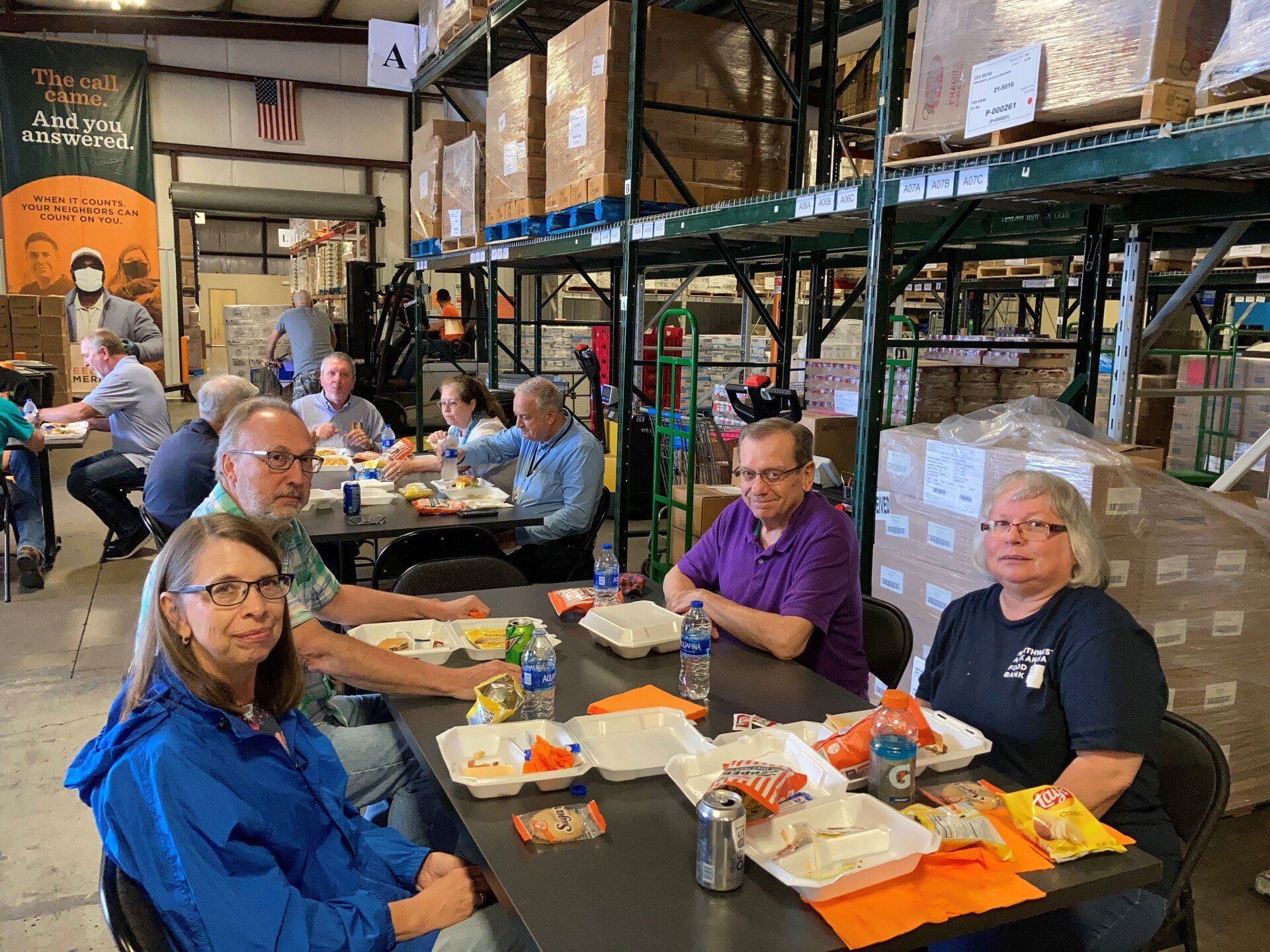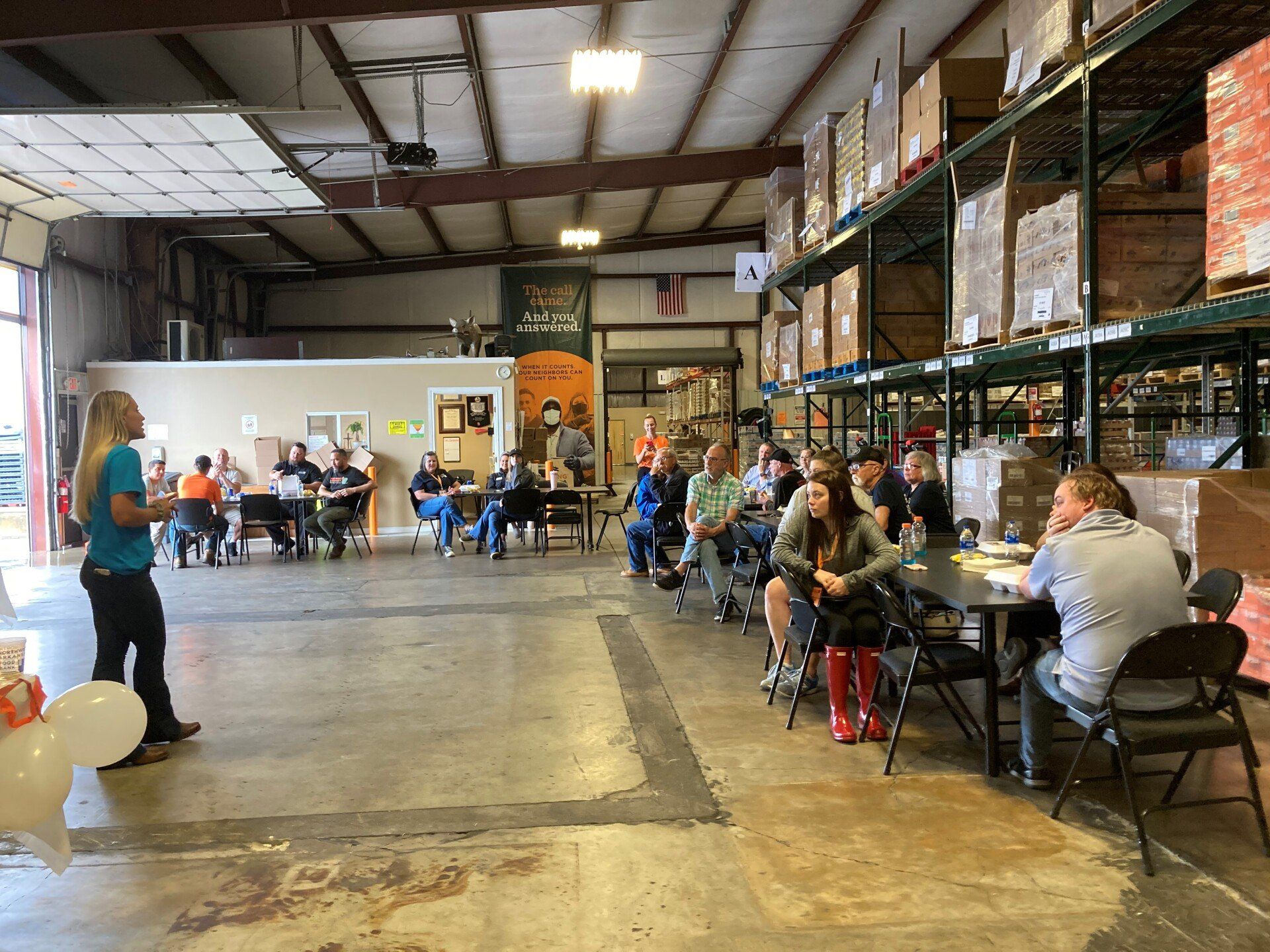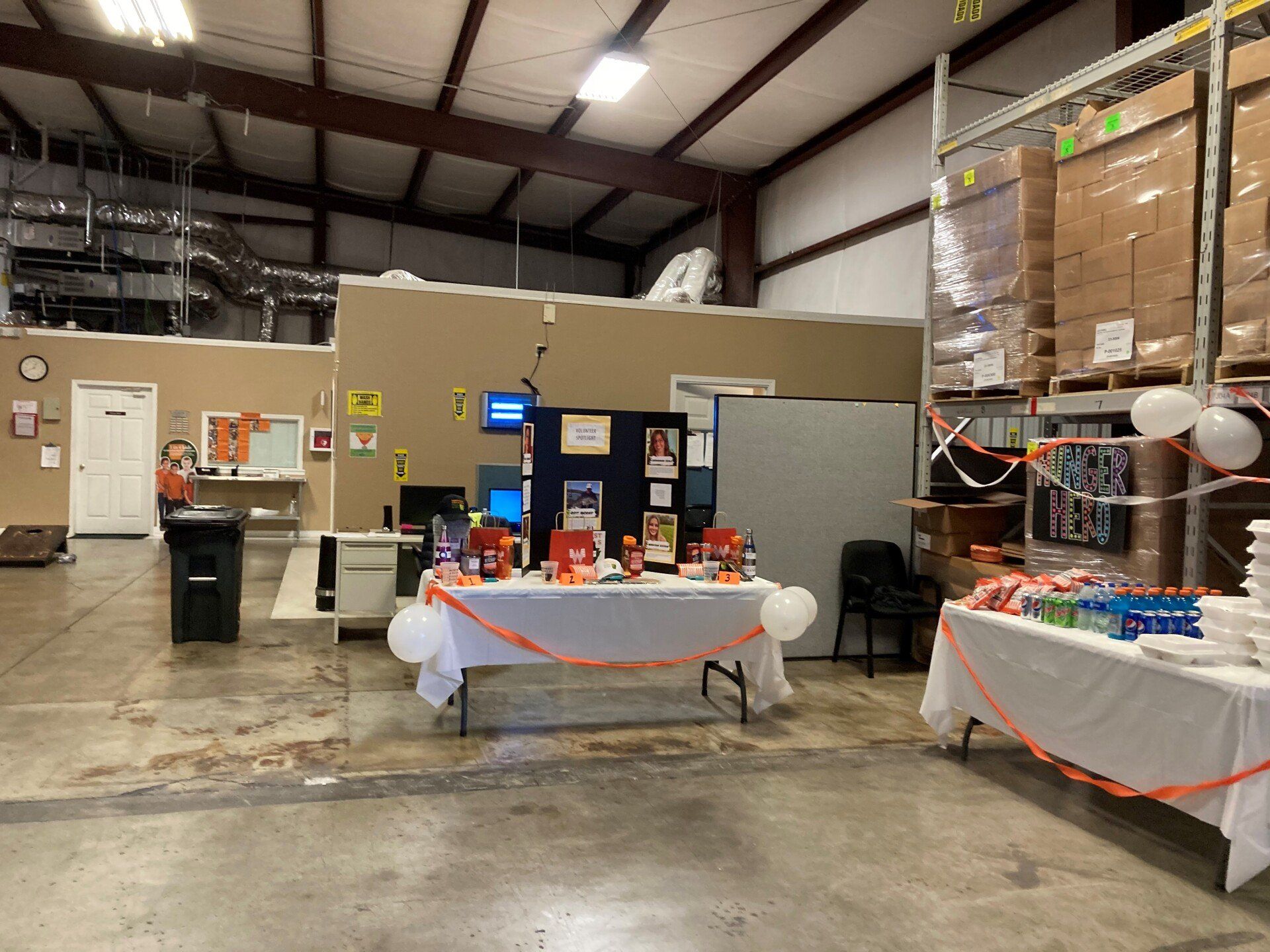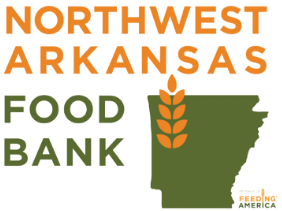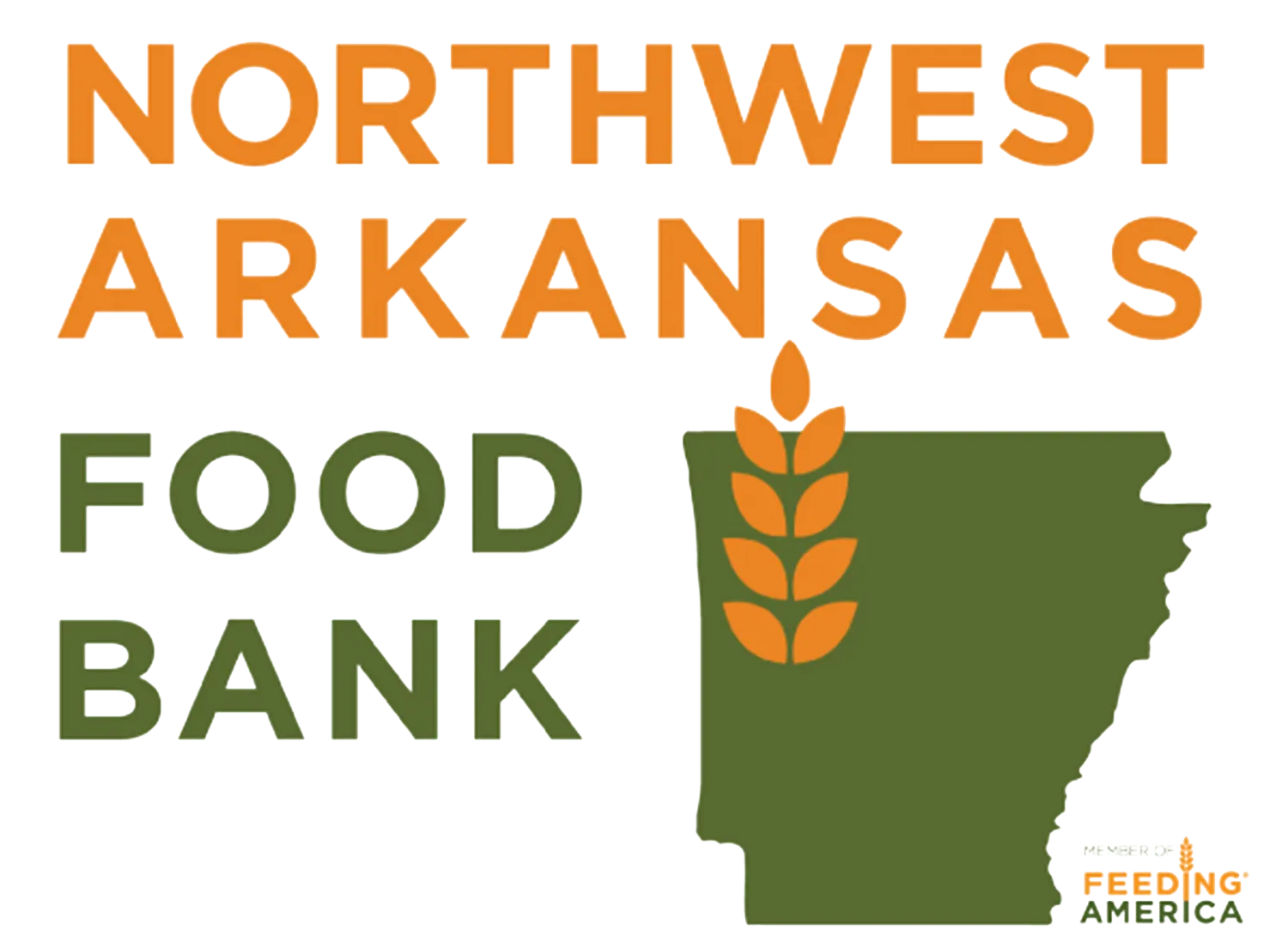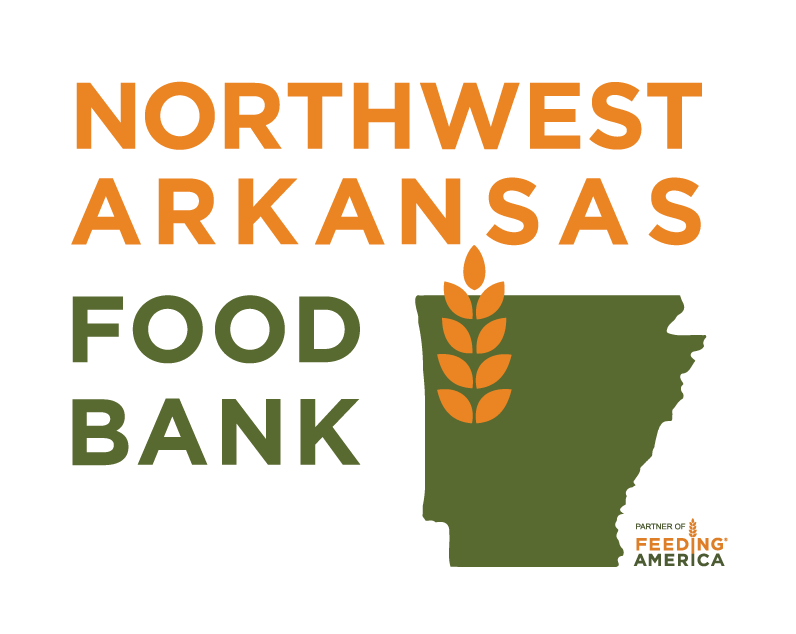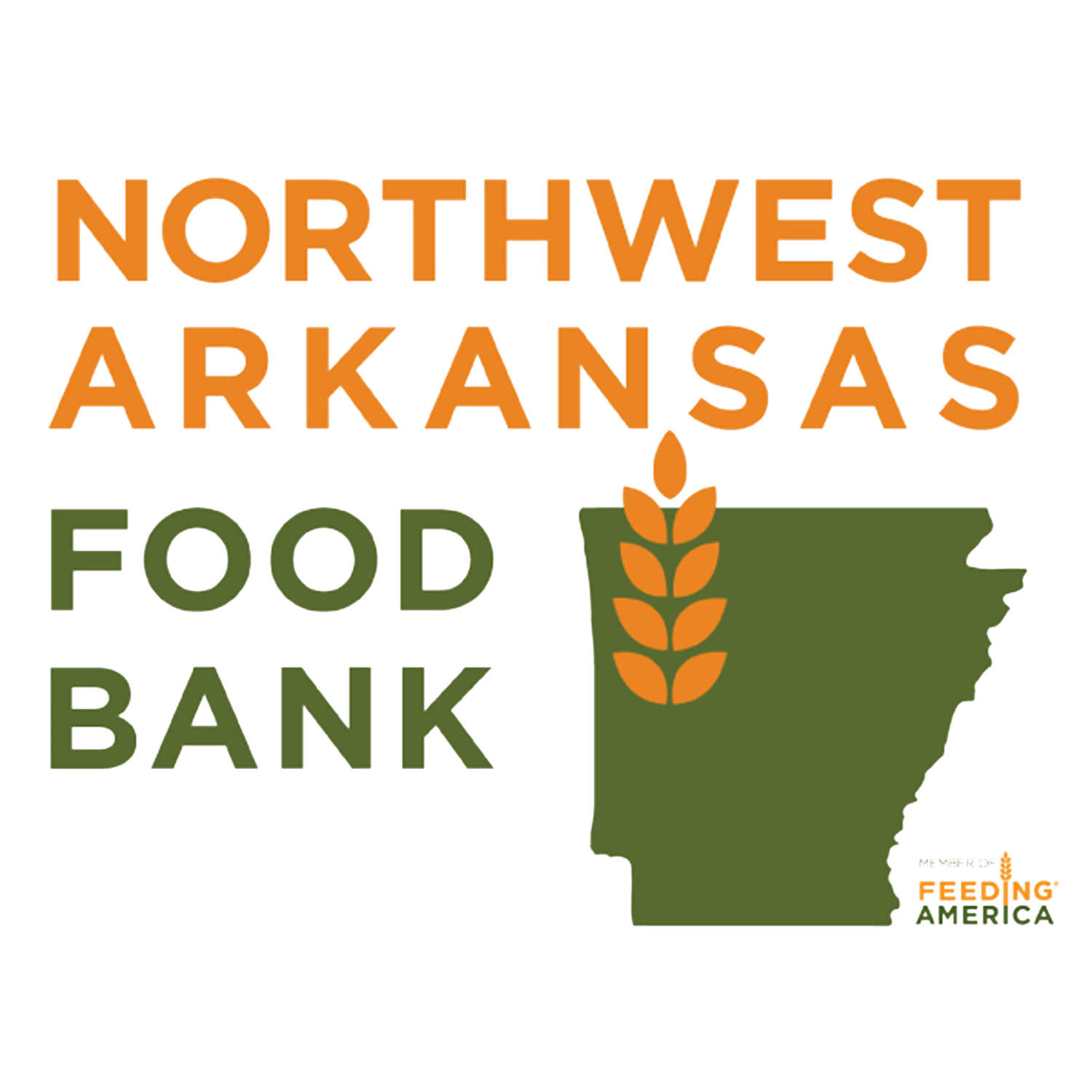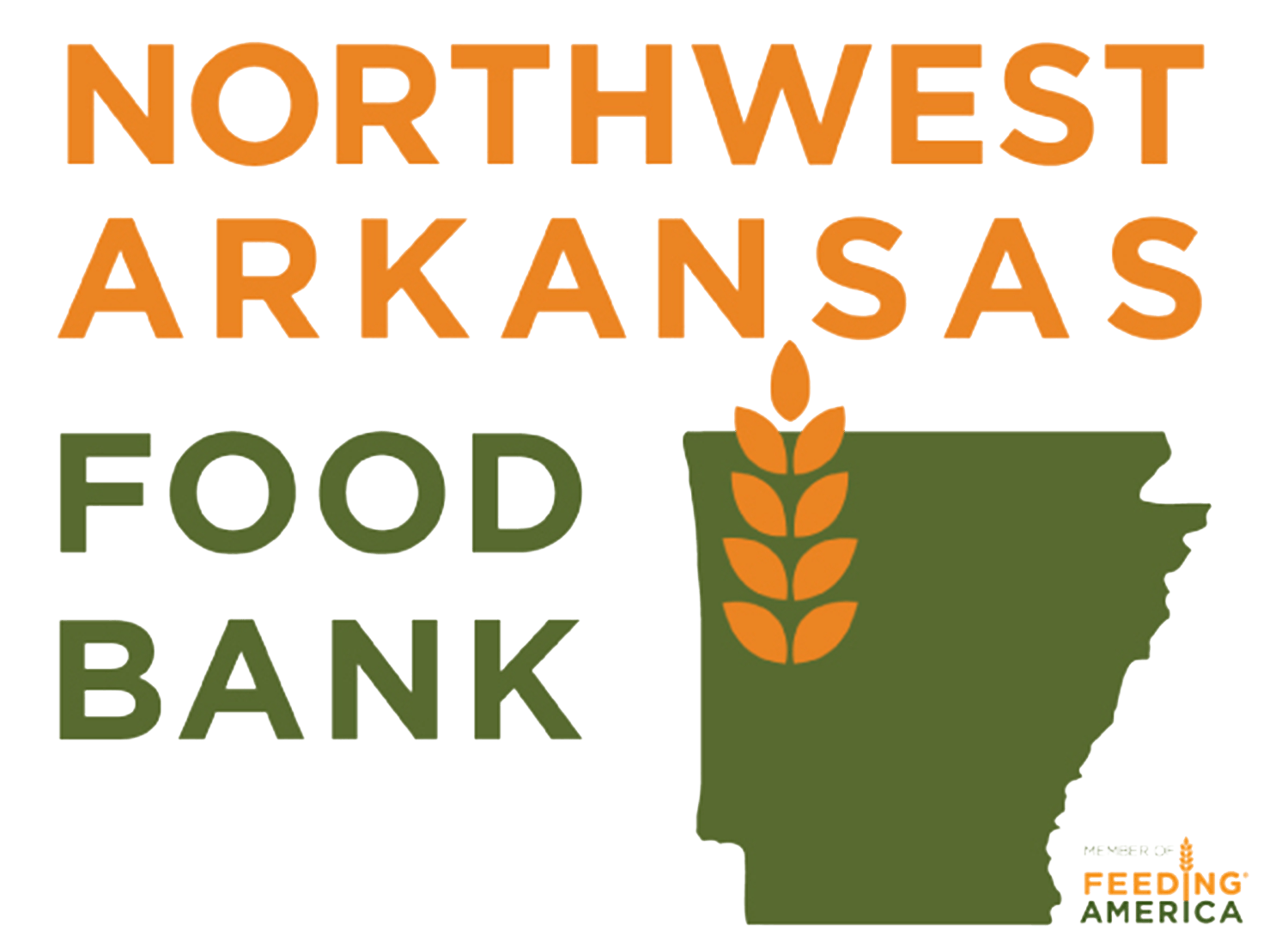FOOD FOR THOUGHT
Letter From Our President & CEO – JUNE 10, 2021
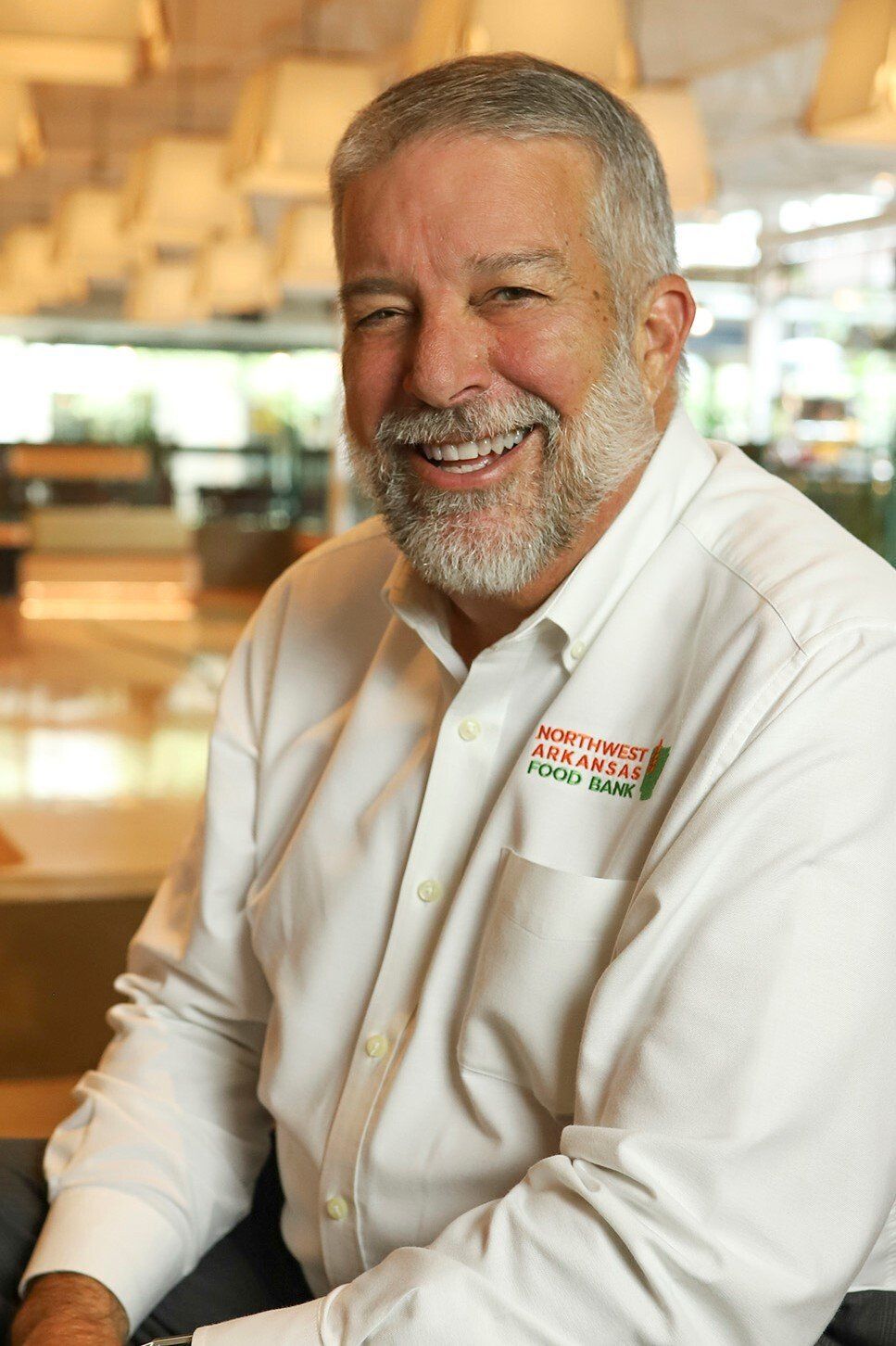
Even the best suffers writer’s block sometimes. This month it has hit me hard. Every time I sit down to write my newsletter column I find something more pressing. So, if you will indulge me, I would like to reprint a column I wrote back in 2017 which in my opinion does a deep dive into the long-term impact of food insecurity. I’ll be back with a new column next month. I promise…
Do you recall how many times as a child you were asked to use your imagination? I can remember playing baseball by myself. I was the pitcher, the batter and the fielders in an imaginary baseball game in my yard. I remember how the stock rack for our truck magically transformed to become a jailhouse for an imaginary game of cowboys and bandits. I’m sure that more than once, I made the winning free throw with no time remaining on the clock.
At least in my imagination I did.
As an adult I imagine slightly different things. I remember a song written and performed by John Lennon called “Imagine.” The best-selling single of his solo career, its lyrics encourage the listener to imagine a world at peace without the barriers of borders or the divisions of religion and nationality, and to consider the possibility that the whole of humanity would live unattached to material possessions. While I agree with the lofty goal put forth by this song, I invite you to take a little less global, but more local look into the word, Imagine.
Let’s look at the life cycle of two food insecure neighbors. Jimmy and Sally get up in the morning and head off to school hungry. It is a proven fact that a child suffering from food insecurity is less attentive in the classroom. They struggle to stay focused. They struggle to learn. They struggle to keep up with the other students and to advance with the rest of their class.
Let’s fast forward a few years. Jimmy, Sally and their classmates are 17 or 18 years old. Their classmates are all on track to graduate high school, have made their selections for college, technical school, the military or whatever and are ready to move on with their life.
Meanwhile, Jimmy and Sally still lag behind without the background to pursue higher education. They are destined to go straight into the work force and in many cases continue to live day-to-day, struggling to put food on the table.
A few more years down the road, Jimmy and Sally have married and have children. They continue to work at, or close to a minimum wage job. They go to bed at night not knowing which of the bills they can afford to pay that month. They wake the next morning wondering if they have the food to keep their children from heading off to school hungry as they did.
Just as Jimmy and Sally struggled through school, they struggle as employees. Food insecure individuals lead a less healthy life style and miss more work than their co-workers. Just as they were less attentive in school they are less productive at work. The cycle continues.
A few more years down the road, Jimmy and Sally are now senior citizens. Sally has been sick. Now Jimmy and Sally have to decide if they can buy the medicine to make Sally better. If they do, there may not be enough money left to buy groceries. They are still hungry. To make matters worse, their grandchildren are coming to visit, so Jimmy and Sally wonder what they will feed them. The cycle continues.
Now, I encourage you to imagine how you can help break this cycle. You have heard me say, or have read, that through our membership in Feeding America, and by partnering with other Food Banks, we are able to buy in quantity. By purchasing in quantity and using donated food, we are able to provide up to 10 meals for every dollar donated to the Northwest Arkansas Food Bank.
Last year we distributed nearly 16 million pounds of food. Food that comes in one door of our warehouse, and out another door to one of more than 130 partner agencies who in turn give it to the food insecure of Northwest Arkansas. Food that will end up in the tummy of Jimmy, Sally and thousands of other children suffering without enough to eat.
As we begin to see recovery from the COVID 19 pandemic, I ask you to join the Northwest Arkansas Food Bank in our mission to nourish Northwest Arkansas communities by feeding hungry people. If one dollar can provide up to 10 meals, imagine what your most generous donation will do. Thank you for your continued support and thank you in advance for your future generosity.
Because of you, someone will eat today.
Kent
PARTNER AGENCY SPOTLIGHT! BREAD OF LIFE
The Bread of Life food pantry has been around for almost 30 years. In fact, next year will be its 30th anniversary. It began with a small group led by the pastor at the time of the First United Methodist Church in Springdale. According to Joshua Bland, the Director of Missions and Outreach at First Church Springdale, the goal of Bread of Life has always been the same. And that goal is to answer the question:
“What can we do to better love our neighbors that we aren’t already doing?” Joshua said.
Joshua said that he has watched the pantry grow and adapt a lot over time, because while Springdale and the surrounding area has changed tremendously over the last 30 years…
“The need for food and the battle against food insecurity…” he said, “this is not a new problem.”
The pantry started in the basement of the chapel of First Church Springdale when it was opened, but since has been moved to its own independent building. The chapel has even been recently renovated.
“This ministry is going to continue to adapt and to respond,” Joshua said.
And that mindset of adaptation is exactly what allowed Bread of Life to continue serving the community even amid COVID-19. The church has rallied together in prayer, support, and generosity since the pantry opened almost 30 years ago, but Joshua said it has done so even more since the start of the COVID-19 pandemic.
When asked how COVID-19 has affected the food pantry and how it runs, Joshua said: “A better question might be ‘how hasn’t it?’”
From March to October of 2020, Bread of Life operated on a drive-through only basis. From March to September of 2020 the only people entering the building were the small teams that prepared the pre-packaged food that was brought out to clients waiting in their cars. Joshua said that despite the greater need in the community, Bread of Life saw their numbers lessen as more and more places popped up to help the community. This spread the workload and allowed Bread of Life to keep their doors open and continue serving those in need.
During the drive-through phase, everyone would get the same pre-packaged food. However, now Bread of Life has reopened their doors and, following COVID-19 regulations, allows client choice once again. They have also reopened limited financial assistance in their building, which Joshua said is great because that is not something that can be done via a drive-through. The hardest part, though, has been losing parts of the conversation and relations side of the pantry. “One of the greatest needs of our community has just been, and continues to be,” Joshua said, “having someone to talk to about what’s going on.”
Bread of Life reopened their building in November, allowing for more conversation between clients and volunteers, but it is not the same. They want to help people not only physically by giving them food, but also mentally and emotionally.
Bread of Life does this by doing the best they can to tailor help to each person individually. Volunteers are available in the lobby to talk so they can get a better idea of how to best help each client. Bread of Life never stopped utilizing volunteers, but the numbers have dropped. Before the pandemic they had 25-30 volunteers, now they have about 13-18 tops.
Volunteers check the guests in, visit with them, work in the office, walk food out to cars, and work in the warehouse or storage areas stocking, packing, and storing food items. “There are a lot of moving parts, truly,” Joshua said, “but it’s incredible to see.”
Donations have also continued to come in throughout the pandemic. Joshua said the community, both in the church and in Springdale as a whole, has been so generous throughout the pandemic. Even if they could not donate the usual food items, Joshua said people were creative with their donations. Some people even sent items like toilet paper directly to the church from online sites like Amazon Prime.
“Even when families couldn’t come and give,” Joshua said, “they were being creative in how they were able to connect and engage.”
Businesses that have been partnered with the food pantry for years also showed their generosity during these times. They continued to do food drives and give monetarily to the pantry despite all the uncertainty. “The generosity of our community has been astounding in many ways,” Joshua said.
Joshua said Bread of Life wants to do their best to feed the community and build a sense of community. They want to be a place where neighbors know they are loved and welcome. “That,” Joshua said, “is the heartbeat of this ministry.”
Bread of Life is located at 208 W Emma Ave in Springdale.
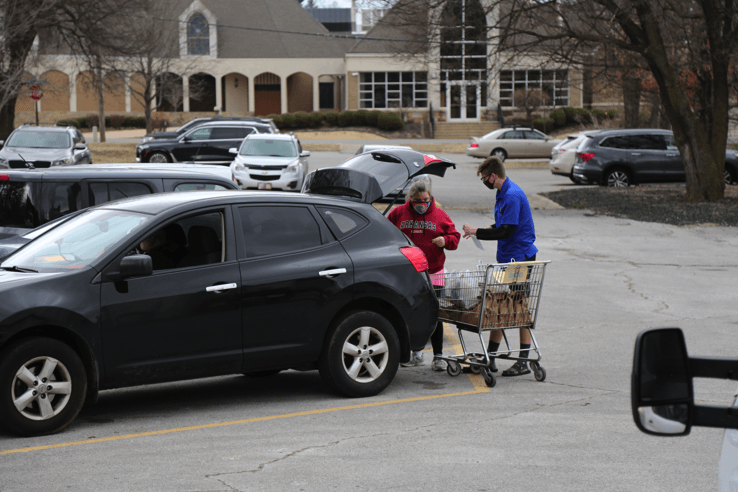
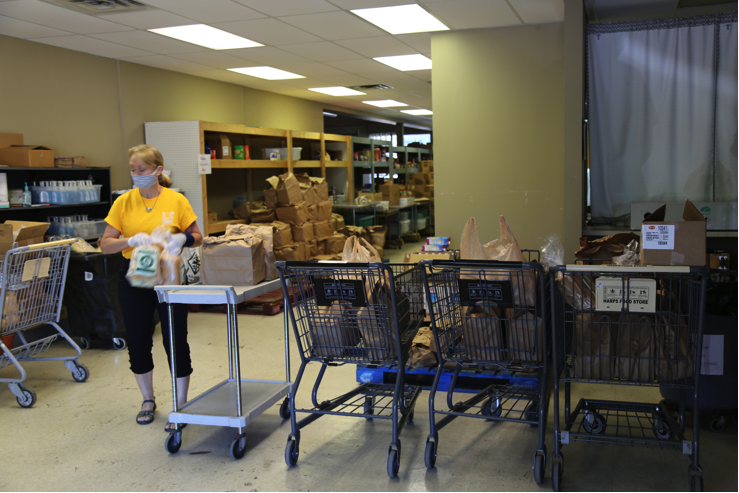
HOW WE ARE PUTTING YOUR DOLLARS TO WORK https://www.nwafoodbank.org/donate
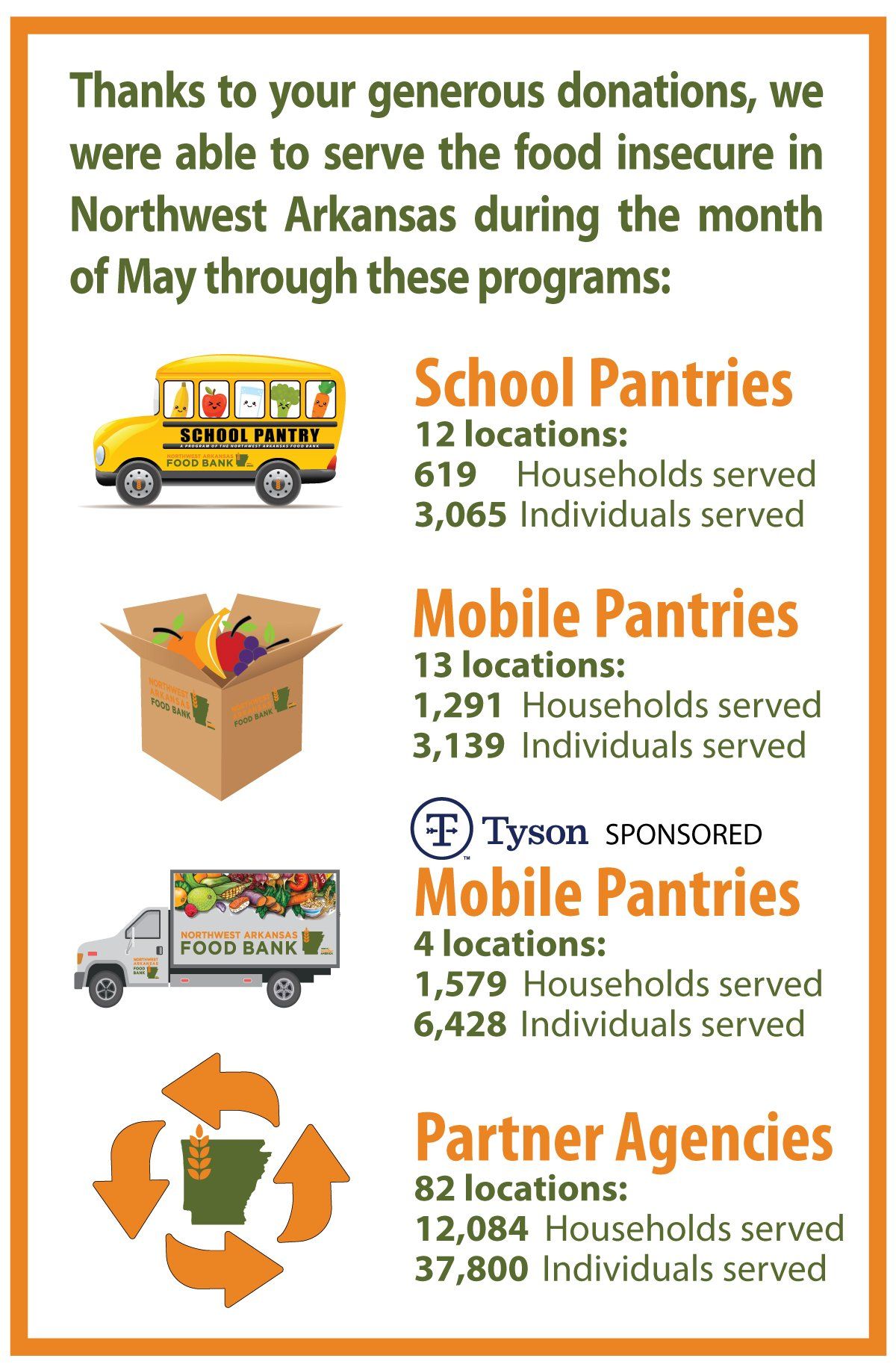
Employee Spotlight || Meet two valued members of the Northwest Arkansas Food Bank!
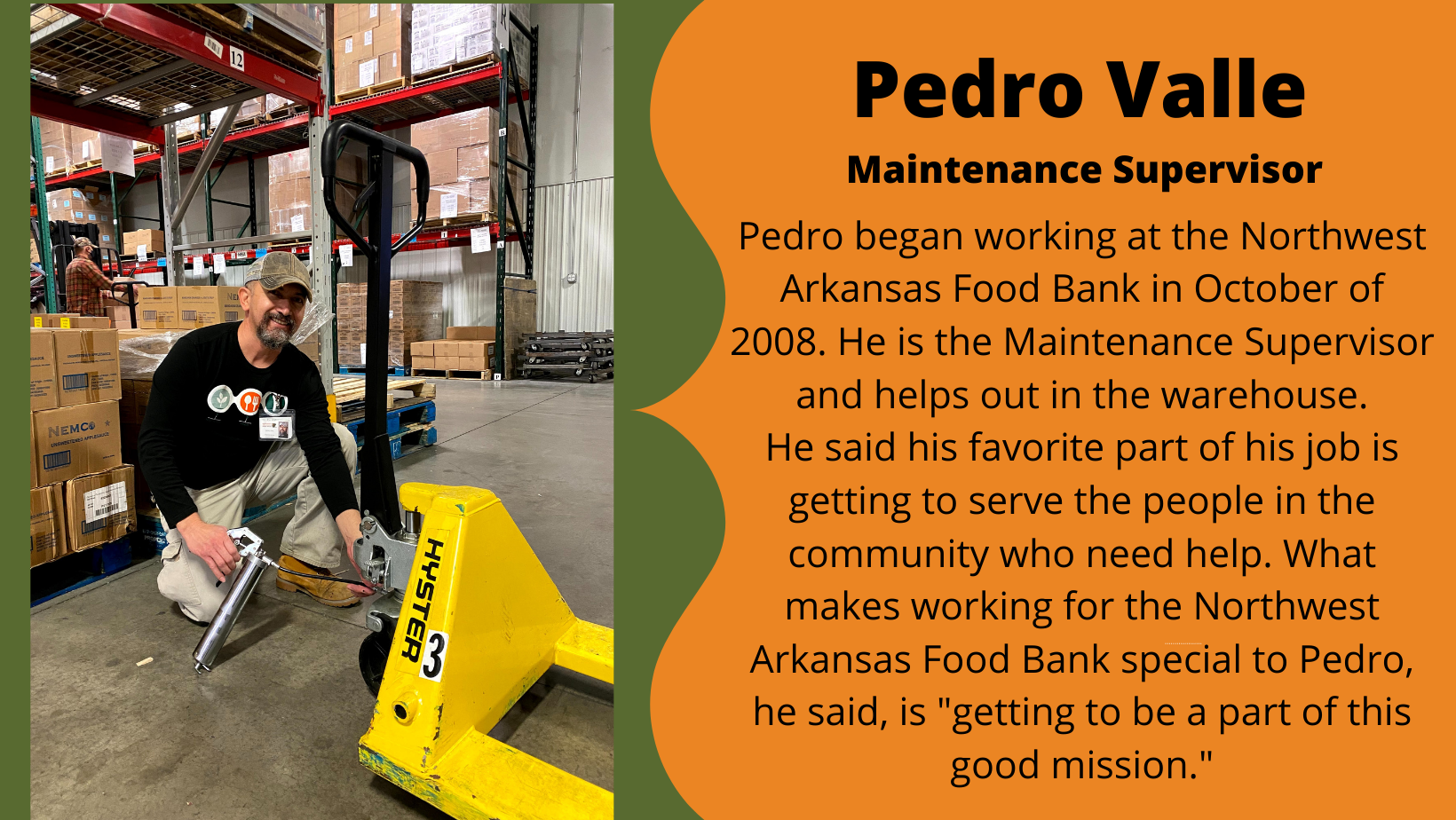
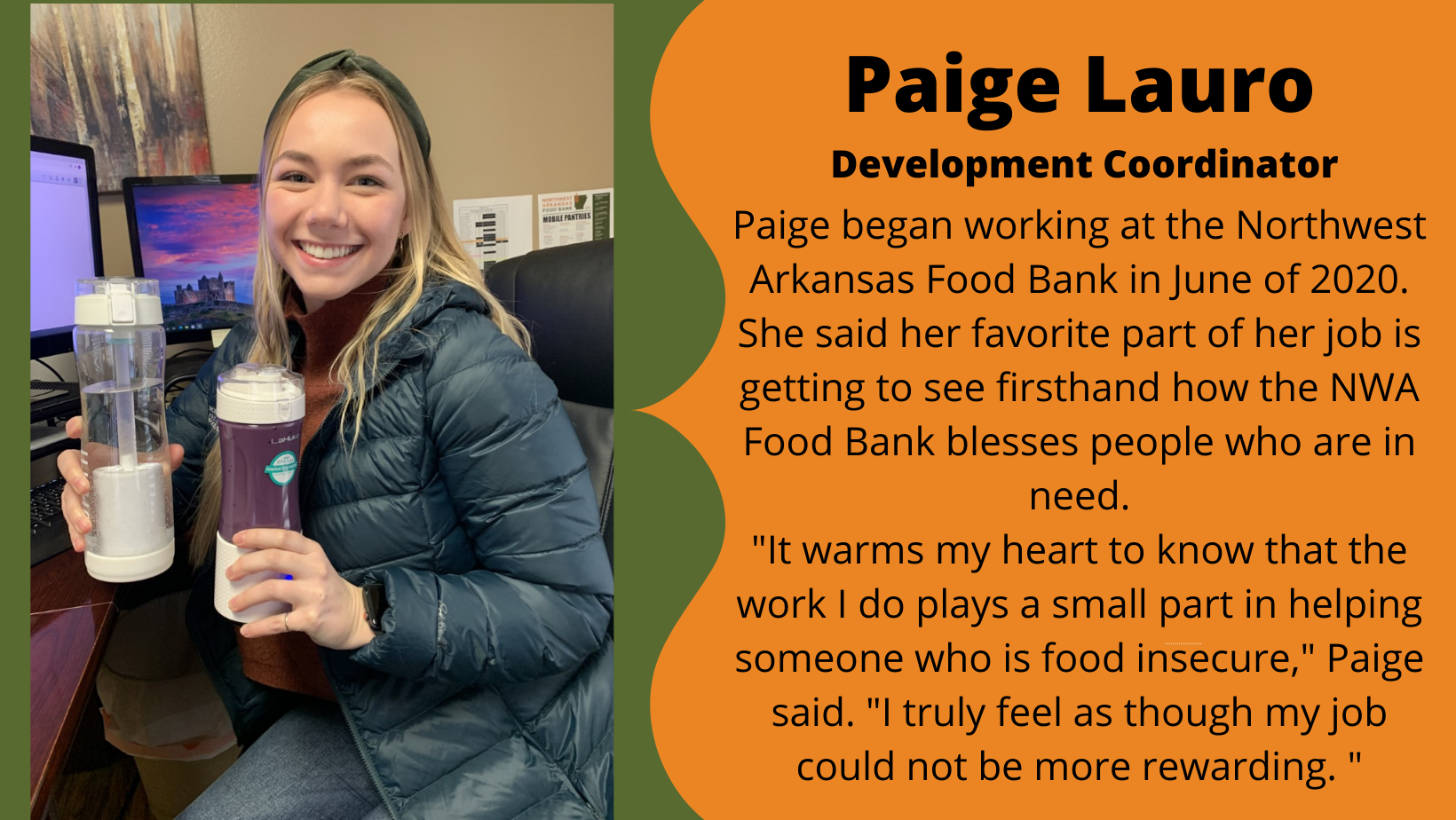
DID YOU KNOW?

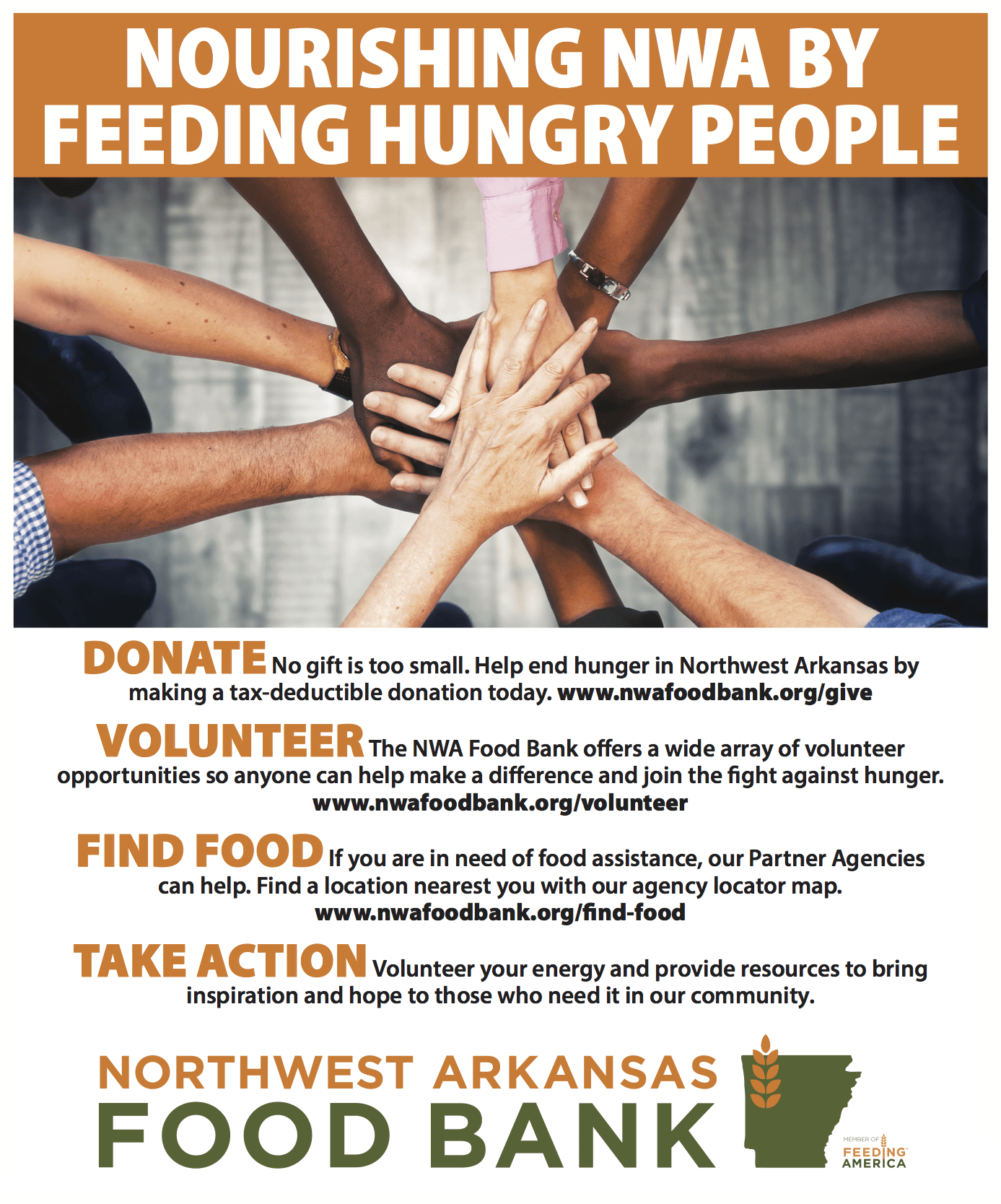
We Love Our Volunteers!
We love our volunteers and wanted to show them a little extra love in May with a Volunteer Appreciation Cookout. The weather didn’t cooperate for our planned outdoor event, so it turned into an indoor luncheon, but that didn’t hamper the excitement we had getting to celebrate with some of our volunteers. Good food, good people, some door prizes and a lot of thankfulness filled the warehouse that day.
For the month of May, we had 123 volunteers serve a total of 486 hours. We have added some additional volunteer opportunities and times, so please make sure you visit our website.
www.nwafoodbank.org/volunteer
to sign up for a time that fits your schedule. We appreciate you!
